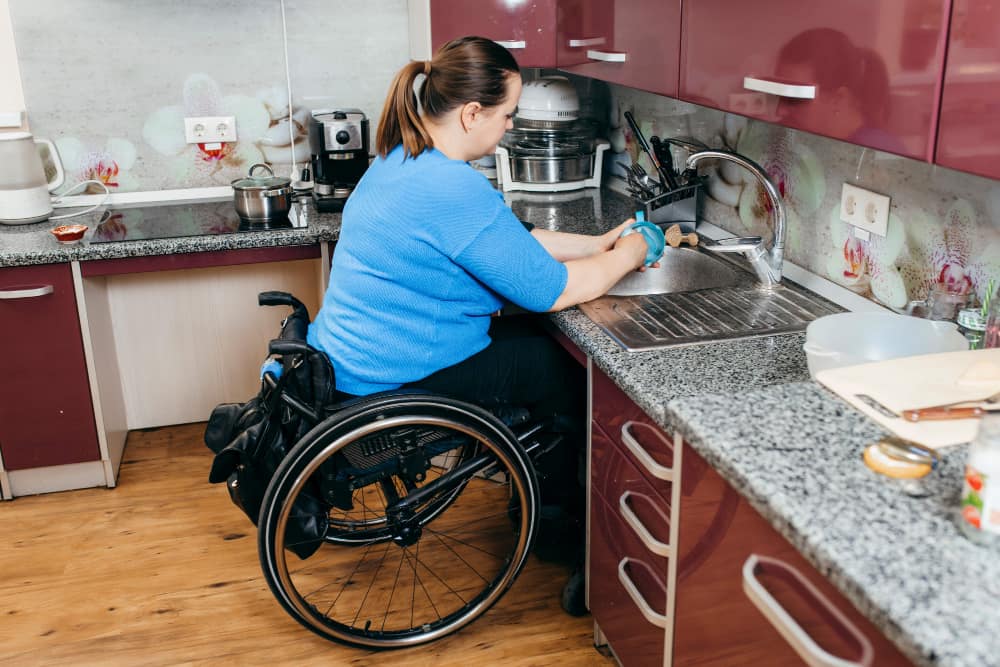Public housing in the United States is governed by a framework of laws and regulations designed to ensure fair housing practices for all citizens.
One important aspect of this framework is the requirement for reasonable accommodations for disabled people.
While the law is clear about the necessity of providing reasonable accommodations, it’s equally essential to understand the distinction between reasonable and unreasonable accommodation requests.



This blog will delve into the key differences between these two categories, from the perspective of U.S. fair housing compliance.
Reasonable vs. Unreasonable Accommodation Requests:
| Aspect | Reasonable Accommodation | Unreasonable Accommodation |
| Definition | A modification or adjustment to a rule, policy, practice, or service that allows individuals with disabilities to have equal access to housing opportunities. | A request that does not align with the criteria of being reasonable and necessary to ensure equal access. |
| Reasonableness | The request must be reasonable, meaning it does not impose an undue financial or administrative burden on the housing provider and does not fundamentally alter the nature of the housing program. | The request is unreasonable when it imposes an excessive financial burden, disrupts the housing program significantly, or is unrelated to the individual’s disability. |
| Necessity | The accommodation must be necessary for the person with a disability to enjoy equal housing opportunities, as it is among the federally protected classes by FHA. | The accommodation is unnecessary or not directly related to the individual’s disability. |
| Documentation | Tenants must provide documentation of their disability and explain how the requested accommodation is related to their disability. | Tenants may fail to provide adequate documentation or do not demonstrate the connection between their request and their disability. |
| Interactive Process | The housing provider and tenant engage in an interactive dialogue to determine the appropriateness of the accommodation and explore alternative solutions if needed. | The tenant may not engage in good-faith dialogue, or there may be a lack of willingness to find mutually acceptable solutions. |
| Example 1 | A tenant with a mobility impairment requests the installation of a wheelchair ramp at the entrance to their apartment building. This is reasonable because it ensures equal access to the housing facility. | A tenant without a disability requests the removal of a staircase in a multi-story apartment building, even though this would be excessively costly and disruptive. This is unreasonable because it does not align with the criteria of being reasonable and necessary. |
| Example 2 | A tenant with a visual impairment requests an assistance animal as a reasonable accommodation to assist with daily tasks and is willing to submit pet deposits. This is reasonable because it is necessary for the tenant’s disability-related needs. | A tenant requests an accommodation for a pet under the guise of it being a “support animal” without providing proper documentation of a disability-related need. This is unreasonable because it lacks the necessary documentation and connection to a disability. |
Conclusion:
Fair housing compliance in the United States mandates that individuals with disabilities have equal access to housing opportunities through reasonable accommodations.
However, it’s crucial to distinguish between reasonable and unreasonable accommodation requests.
By following the principles outlined in this blog, housing providers can navigate this complex terrain while ensuring that individuals with disabilities are granted the accommodations they need without imposing undue burdens or risks on the housing program.
Striking this balance is fundamental to upholding the principles of fair housing for all Americans.
For free training webinars on such topics, explore our website.




